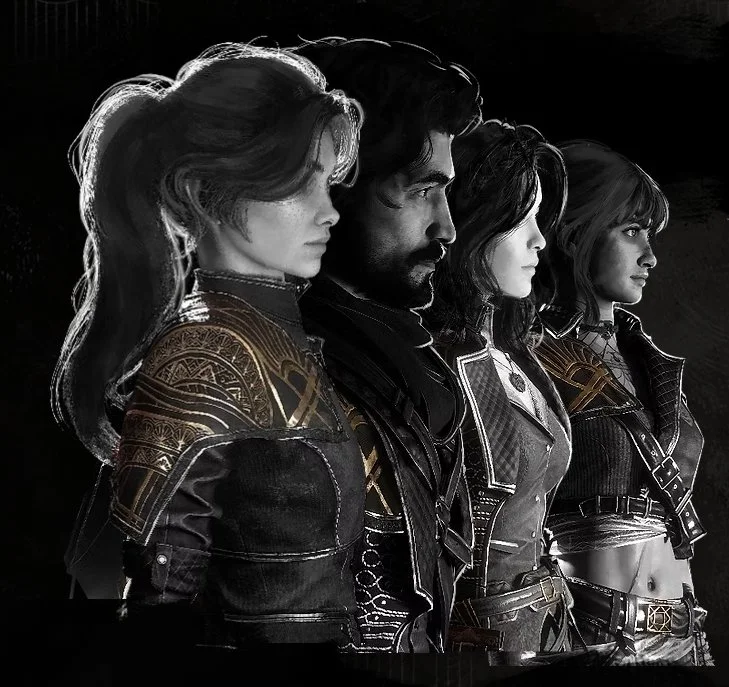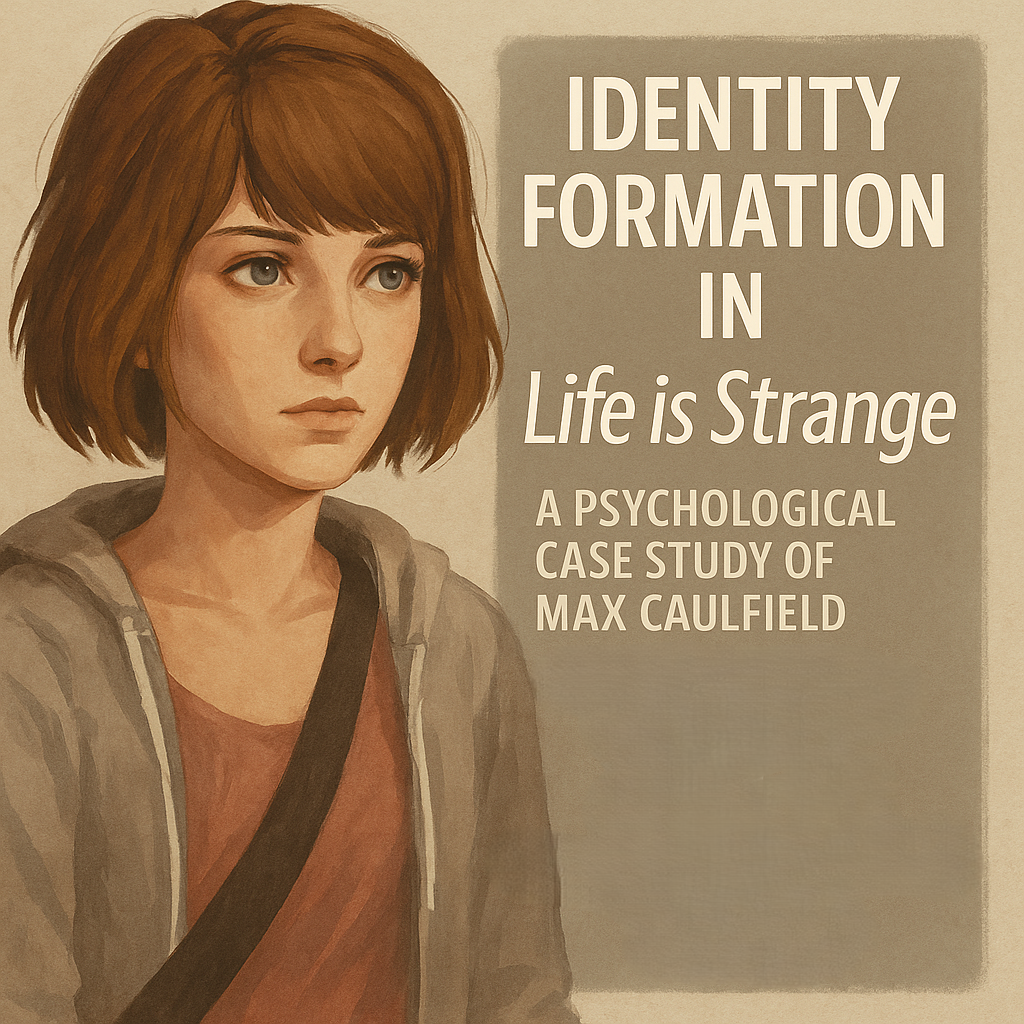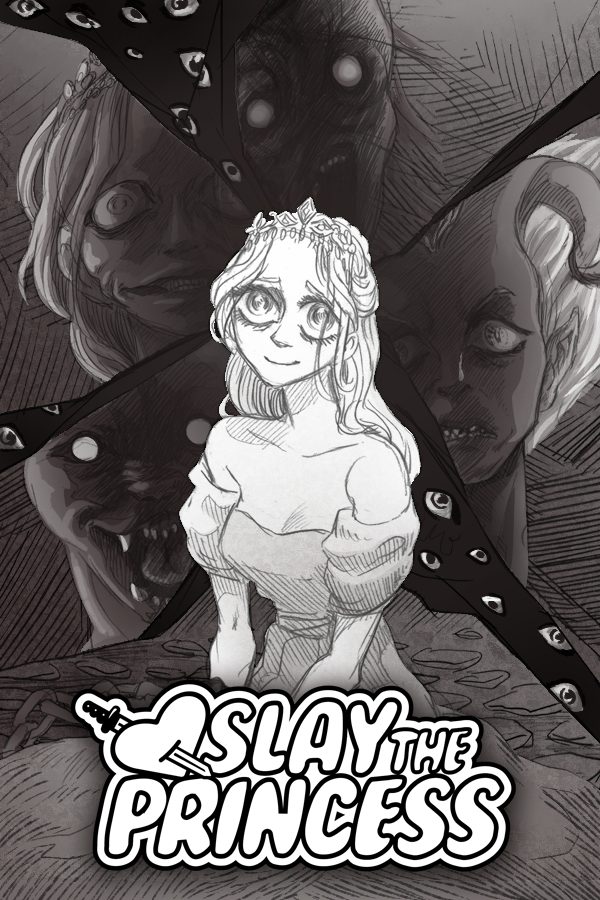Identity Theft in the Age of Digital Souls: The Psychological Horror of Stolen Consciousness in Cyberpunk 2077
In the sprawling dystopian universe of Cyberpunk 2077, players confront a reality where human consciousness is no longer bound solely to flesh and blood. Here, the digitalization of the self—one's memories, personality, and soul—leads to an existential frontier where bodies become interchangeable, minds become manipulable, and personal boundaries are disturbingly fluid. In this world, the concept of "identity theft" transcends the conventional theft of financial or personal data; it mutates into the psychological horror of stolen consciousness, where individuals risk losing not just control over their possessions, but over their very minds and bodies.
This article examines how Cyberpunk 2077 redefines identity theft in the context of consciousness transfer, exploring the deep psychological implications of losing control over one's self in a digital era. Through an exploration of psychological ownership, personal boundaries, and the ethics of mind manipulation, we uncover how the game confronts us with unsettling questions about autonomy, identity, and the nature of the self.
Digital Souls and the Disintegration of Self
At the core of Cyberpunk 2077's world is the concept of "engram" technology—a form of consciousness transfer where a person's mind can be digitized, stored, and even implanted into another body. The game's protagonist, V, is forced into an existential nightmare when the personality of the long-dead rockstar Johnny Silverhand, preserved in digital form, begins to overwrite V's mind. This melding of two consciousnesses creates a unique narrative tension, where V risks not only losing control of their own body but being subsumed by Johnny's forceful personality.
The psychological horror of this situation lies in the erosion of autonomy. For V, the boundary between self and other becomes frighteningly blurred, as Johnny's thoughts, impulses, and desires seep into V's mind. This struggle to assert control over one’s own body is a literal manifestation of identity theft: instead of losing a credit card or social security number, V faces the possibility of losing their entire being. This theme reflects a cultural anxiety about the erosion of personal boundaries in the digital age, where intimate aspects of ourselves—thoughts, behaviors, identities—can be hacked, altered, or stolen.
Psychological Ownership and the Self
Psychological ownership is the feeling that something is "mine," an internalized sense of possession that defines our relationship with both tangible and intangible assets. In the digital age, psychological ownership often extends beyond material possessions to encompass intangible aspects of identity, such as social media personas, digital assets, and, increasingly, personal data. But in Cyberpunk 2077, psychological ownership takes on an even darker meaning. When consciousness itself becomes an object that can be duplicated, transferred, or overwritten, what does it mean to truly "own" oneself?
As V’s mind merges with Johnny's, they experience the disorienting sensation of losing their psychological ownership over their own thoughts and actions. This struggle reflects a broader fear in society about losing control over our digital selves. In an age where our online personas and data are often as integral to our identities as our physical selves, Cyberpunk 2077 asks us to consider what happens when those digital extensions of the self are no longer ours. In V’s case, the question of self-ownership becomes especially dire: if someone else can control your thoughts, desires, and actions, are you truly still yourself?
This echoes real-world anxieties about the loss of privacy and autonomy in the digital landscape. Just as V struggles to keep Johnny out of their head, we too navigate a world where corporate entities and algorithms track our behavior, learning our preferences and influencing our decisions. The parallels are hauntingly clear: both V and the modern individual are confronted by entities that intrude upon the most personal aspects of their identity.
The Horror of Dissolving Personal Boundaries
For V, the experience of having Johnny's consciousness infiltrate their mind is terrifying because it dissolves the boundary between self and other. V can no longer confidently say where their personality ends and Johnny's begins. This gradual loss of personal boundaries, once safeguarded by the physical limitations of the body, is a chilling reminder of how technology can strip away the separations we once took for granted.
In the real world, personal boundaries are already dissolving through digital interactions that blur the line between private and public. Social media allows strangers to peer into intimate aspects of our lives, while data-collection algorithms know more about our behaviors and preferences than even close friends. But Cyberpunk 2077 amplifies this loss of boundaries to a nightmarish degree, where even one’s own mind can be hacked, shared, or overwritten.
The psychological horror here lies in the idea that one's most private sanctum—the mind—can be invaded and changed without consent. This goes beyond mere surveillance or data theft, venturing into the unsettling possibility of mind control. In a society that places a high premium on individuality and personal agency, the idea of someone else taking over our thoughts, choices, and personality is profoundly disturbing.
The Ethics of Consciousness Transfer: Identity Theft Reimagined
The ethical implications of consciousness transfer are perhaps most disturbing in the way they challenge traditional notions of consent, autonomy, and personal integrity. If a digital consciousness can be implanted into someone else's mind, who has the right to control that mind? Who owns the thoughts and experiences that arise from this dual existence?
In Cyberpunk 2077, Johnny’s engram has its own agenda, one that frequently conflicts with V's goals and values. This raises critical questions about the rights and boundaries of a digital consciousness. If a personality engram retains its memories, desires, and consciousness, does it deserve the same autonomy and respect as a living human? And, if so, what are the ethical implications for the person into whom this engram is implanted? V’s predicament forces players to grapple with these questions, as Johnny’s presence becomes both a threat and an oddly intimate partnership.
In real-world terms, these questions mirror ethical concerns surrounding artificial intelligence and digital clones. If technology advances to the point where an AI or digital copy can simulate human consciousness, should it be granted rights, autonomy, or ownership over itself? And if such entities can be implanted into human minds, who has the ultimate claim to that shared consciousness? Cyberpunk 2077 brings these ethical dilemmas to life, forcing players to confront uncomfortable questions about what it means to be a person in a world where consciousness itself can be commodified and stolen.
The Existential Dread of Self-Fragmentation
Beyond the loss of autonomy and control, the most profound horror of consciousness transfer in Cyberpunk 2077 is the existential dread it elicits. For V, the fear is not just of losing their body, but of being subsumed by Johnny's personality—of becoming someone else. This fear taps into a primal anxiety about self-fragmentation, where the unity of the self disintegrates under the weight of another’s thoughts and impulses.
This fragmentation is reminiscent of the fears associated with dissociative identity disorder (DID), where multiple identities or personalities coexist within a single individual, each vying for control. However, while DID arises from psychological trauma, V’s experience is the result of technological manipulation. This highlights an unsettling aspect of Cyberpunk 2077: in the game’s world, technology can create psychological fragmentation, turning individuals into hosts for multiple personalities. This makes us wonder if, in our quest to expand the limits of the self through technology, we might inadvertently shatter the self into pieces.
As we edge closer to a world where digital consciousness transfer could become a reality, the dread of self-fragmentation becomes more than just a fictional horror. It raises questions about the psychological stability of a world where people might carry multiple "selves" within them, and where the boundaries between identities could dissolve under the influence of technology.
Simply Put: The Future of Identity in a Digital World
Cyberpunk 2077 paints a chilling picture of identity theft in an age where technology blurs the line between mind and machine, self and other. In this world, the theft of one’s consciousness is more horrifying than the theft of data or credit card numbers because it strips individuals of the most fundamental form of ownership: their autonomy over their own mind.
The game's narrative serves as a cautionary tale, warning of the psychological horrors that could arise as we push the boundaries of consciousness transfer, AI, and digital identity. While Cyberpunk 2077 may be a work of fiction, the anxieties it explores are real and relevant. As we continue to digitize aspects of ourselves and cede control of our personal data, we must consider the deeper psychological implications of a world where identity can be stolen, rewritten, or shared. In the age of digital souls, the ultimate act of theft may not be of our wallets, but of our minds.
In the end, Cyberpunk 2077 challenges us to ask: if technology can steal our consciousness, what, if anything, remains truly ours?








